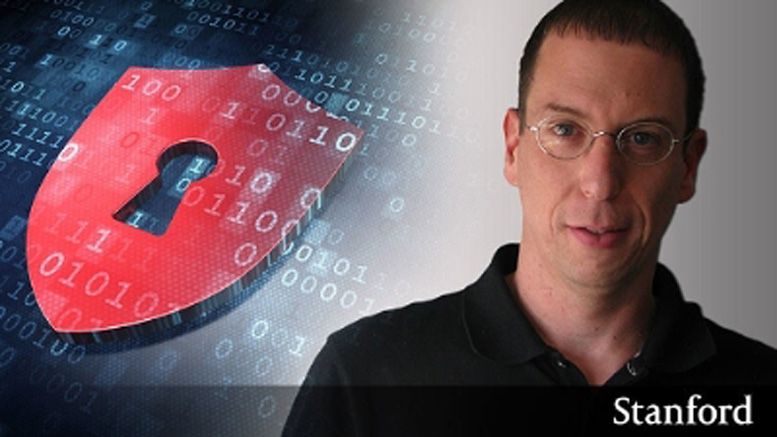
Stanford Launches New Cyber Security Program for Professionals
With its potential to revolutionize business payment transactions, virtual currency needs advanced engineering to ensure privacy and protection of digital assets.
"The technology behind Bitcoin and other crypto currencies can be an indispensable tool for protecting information," says Dan Boneh, Professor of Computer Science at the Stanford School of Engineering.
New this academic year at Stanford, Boneh will be teaching a course on the subject and extending it online to professionals enrolled in Stanford's Cyber Security Graduate Certificate program.
A free webinar to preview the online program will take place Tuesday, August 25th from 10-11 am Pacific/1-2 pm Eastern.
During the webinar, Boneh will discuss recent developments in crypto currency and computer security. He focuses his research on building security mechanisms that are easy to use and deploy, taking an interdisciplinary approach in the process. A Stanford cybersecurity expert, Boneh is the co-director of the Stanford Computer Security Laboratory and participated in the 2015 White House Summit on Cybersecurity and Consumer Protection.
Crypto Currencies: Bitcoin and Friends (CS251) is the new course taught by Boneh in the Cyber Security certificate program, launching this September 2015. It is part of a curriculum that provides a professional, technical and policy view of the challenges created by rapid advancements in information technology.
Other online courses in the program include:
- Computer and Network Security
- Introduction to Computer Networking
- Introduction to Cryptography
- Operating Systems and Systems Programming
- Technology and National Security
Qualifying students from around the world are able to access the program online. Four courses must be completed to be awarded the graduate certificate. Video lectures, course materials and exams are available through the Stanford Center for Professional Development.
A Non-Degree Option application is required before enrolling in an individual graduate course or the certificate program.
Information security managers, web developers, computer network architects and other professionals working in computer occupations will find the program to be applicable to their work.
"Stanford is actively working to address the world's cybersecurity challenges. It's an exciting time to study with us and gain vital skills needed for today's cyber workforce," says Boneh.
Enroll in the August 25th webinar on The Future of Bitcoin and Cyber Security here.
Details about the online certificate program can be found at http://scpd.stanford.edu/
About the Stanford Center for Professional Development
The Stanford Center for Professional Development makes it possible for today's best and brightest professionals to enroll in Stanford University courses and programs while they maintain their careers. Courses and programs from the School of Engineering and related Stanford departments are delivered online, at Stanford, at company work sites and international locations–providing a global community of learners with flexibility and convenience, and enabling them to apply their education to their work.
Stanford Center for Professional Development
http://scpd.stanford.edu/
Related News





